In 2018, medical student Jacob Ramos first walked through the doors of HopeHealth, searching for his calling. Today, Dr. Ramos is at the heart of our hospice team.
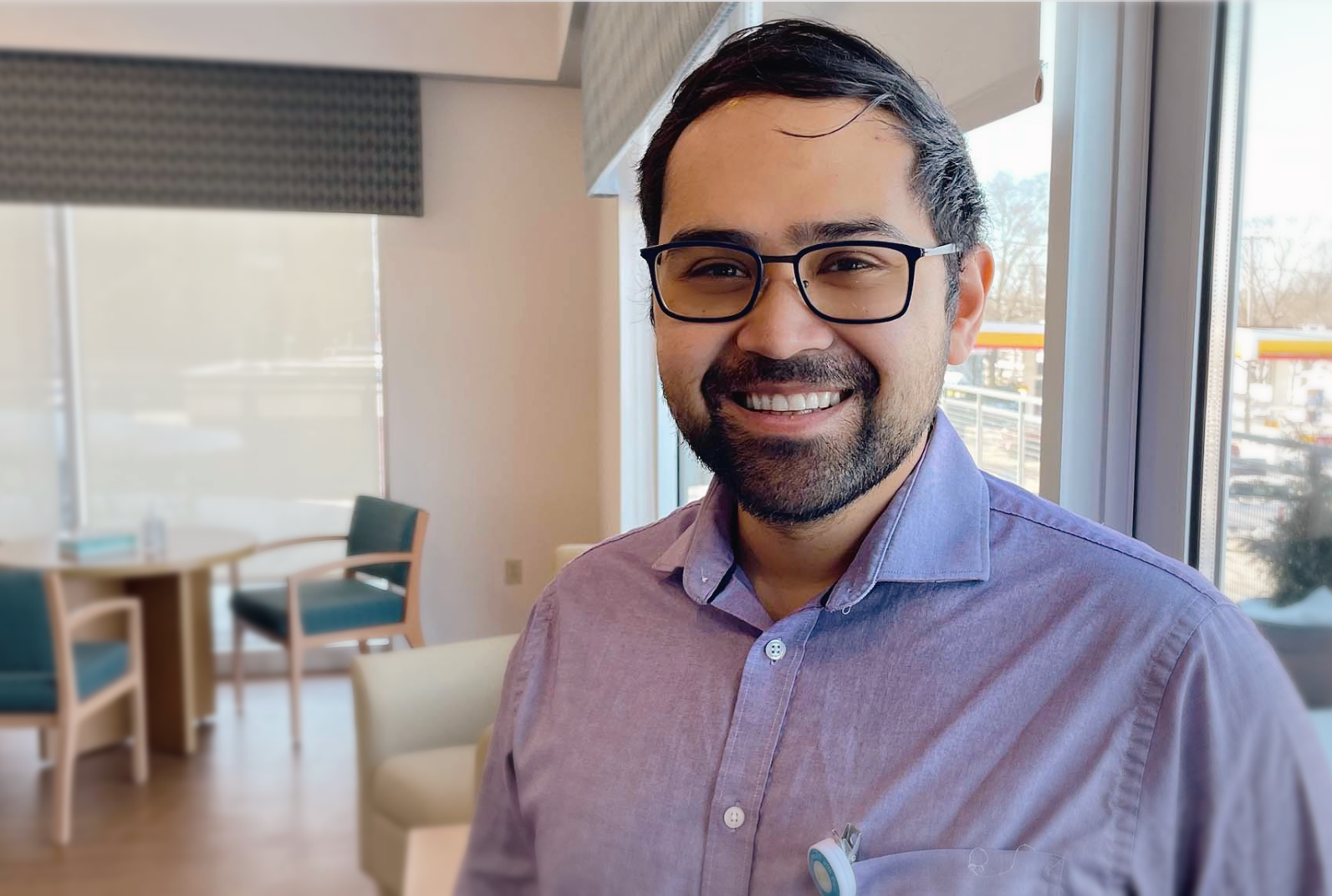
In 2018, medical student Jacob Ramos first walked through the doors of HopeHealth, searching for his calling. Today, Dr. Ramos is at the heart of our hospice team.
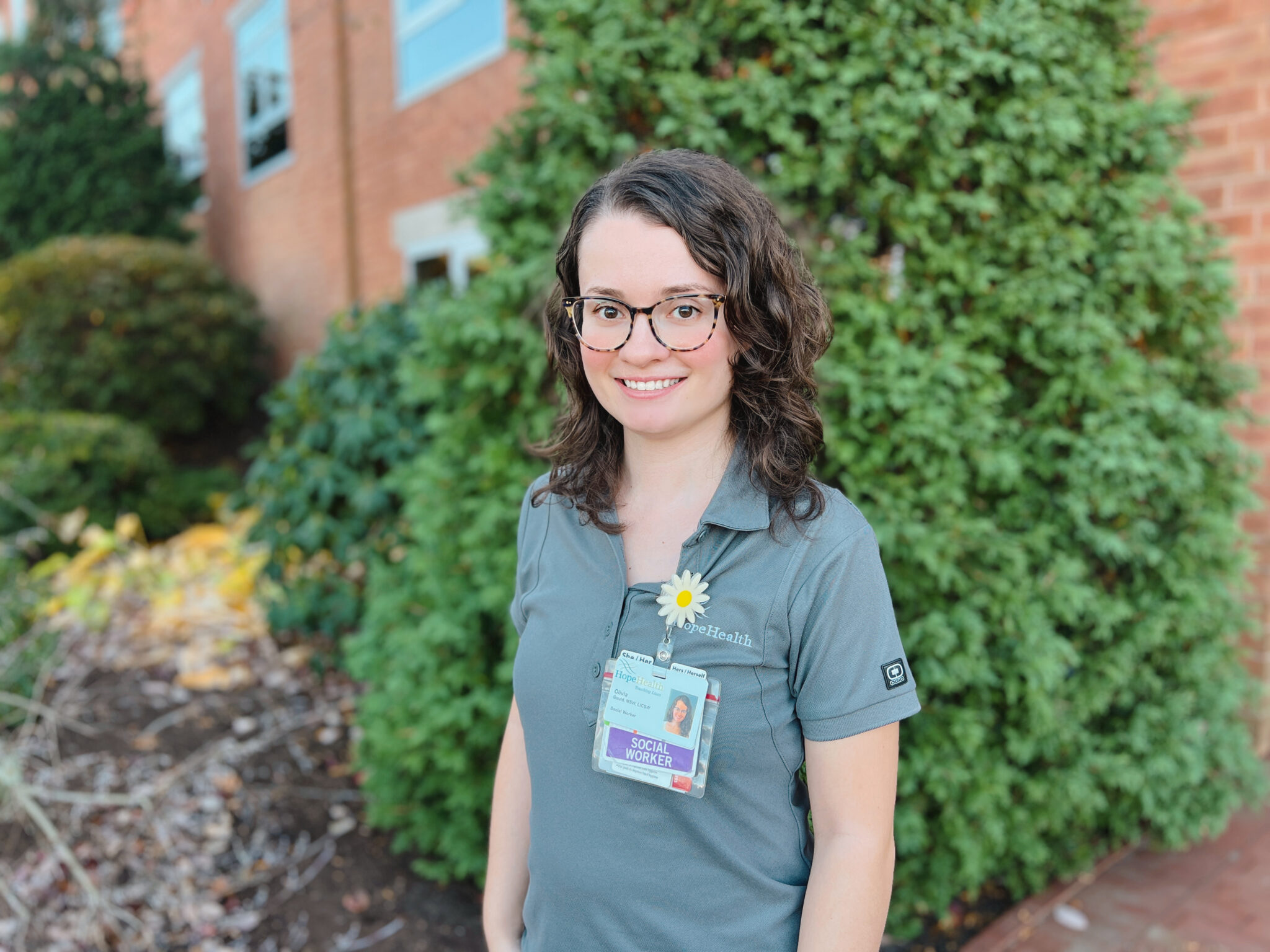
Meet Olivia Gould, a hospice social worker focused on dementia in long-term care settings. “We can give patients that one-on-one attention they might not get otherwise,” she explains.
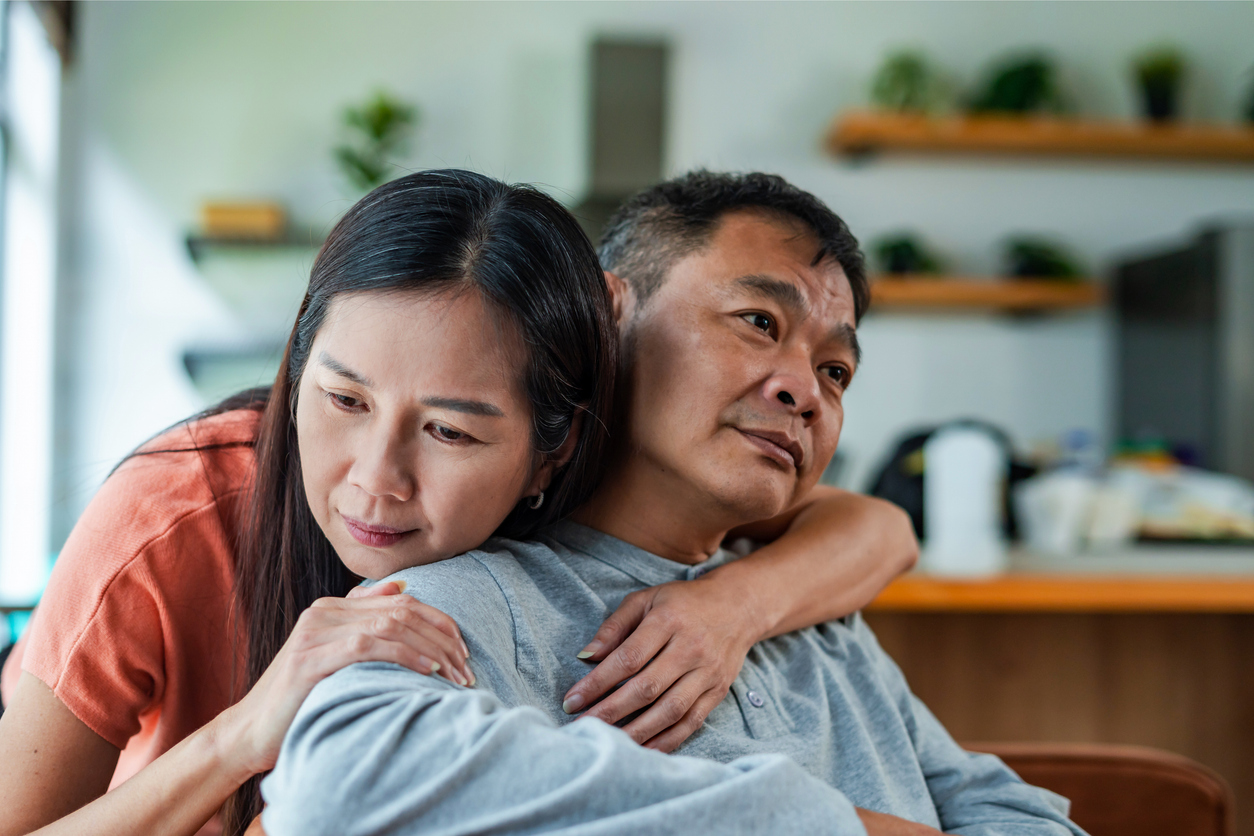
Over time, the stress of caregiving can lead to a more serious problem: burnout. If you have a caregiver in your life, here’s what to watch for.
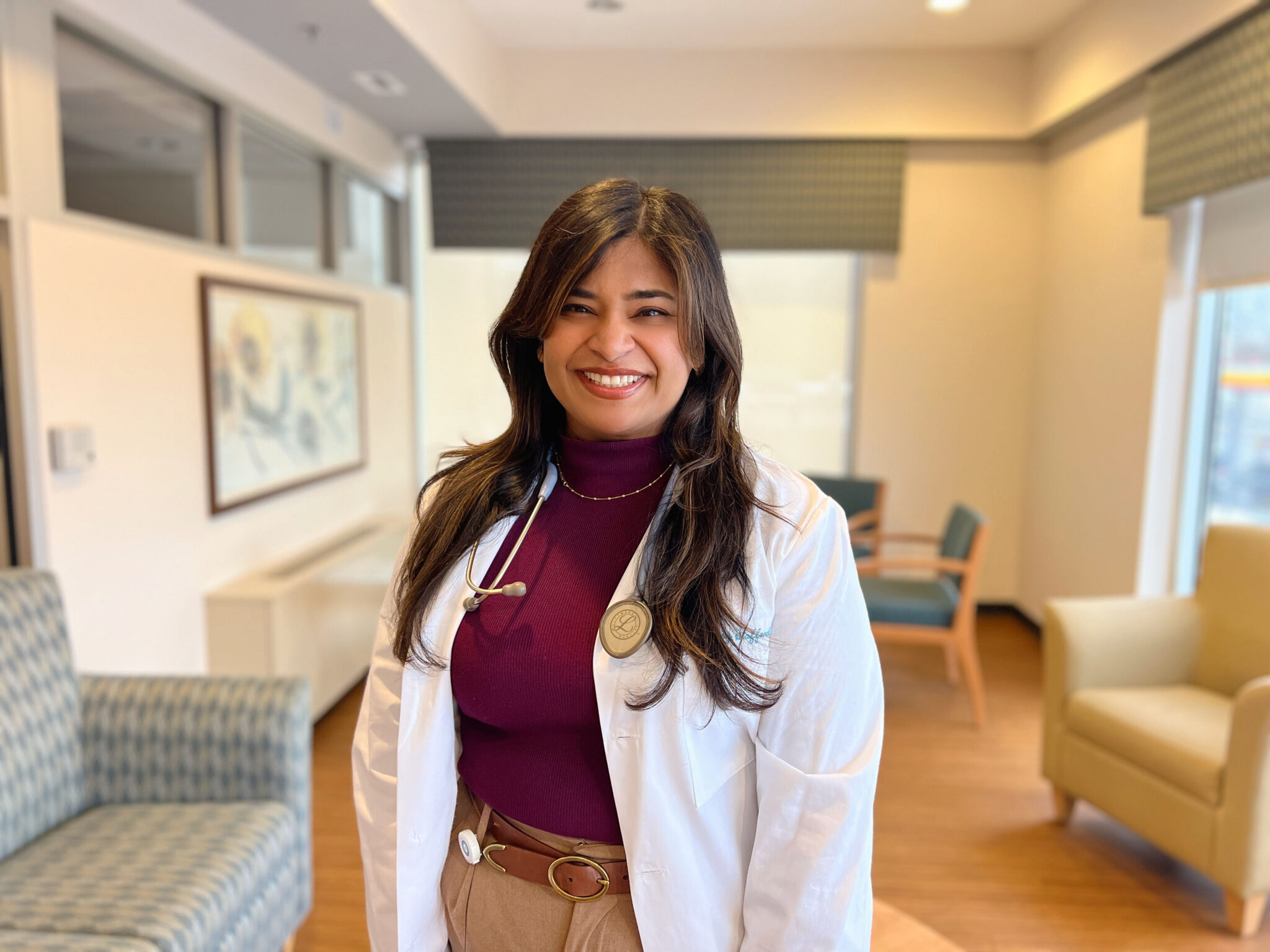
Many people confuse palliative care with end-of-life care. But in truth, palliative care doesn’t mean someone is dying. It’s for any stage of a serious illness.
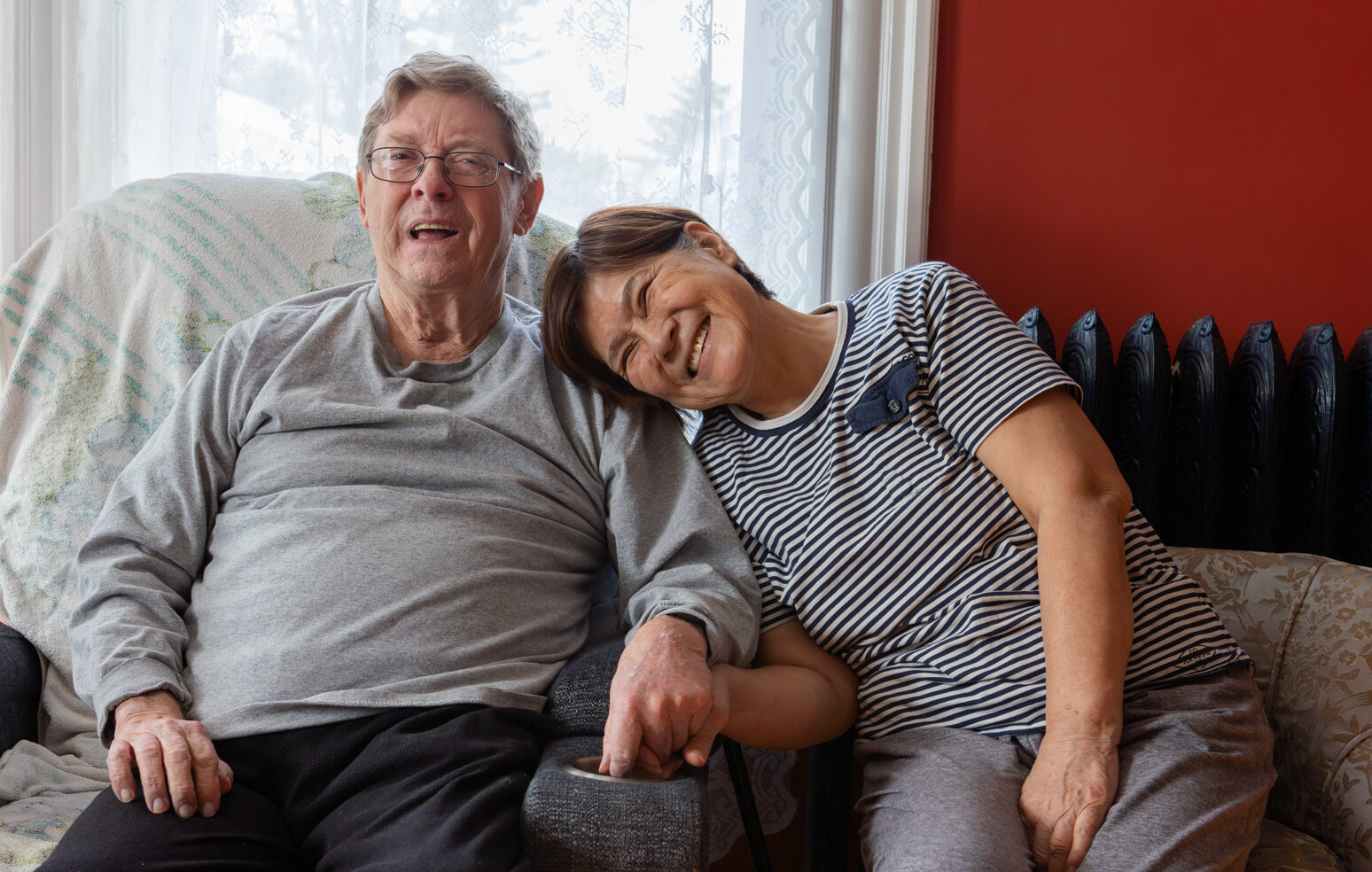
When a caregiver discovers free dementia resources in Massachusetts, it leads to weekly respite care for her husband, 24/7 hospice support, and more.
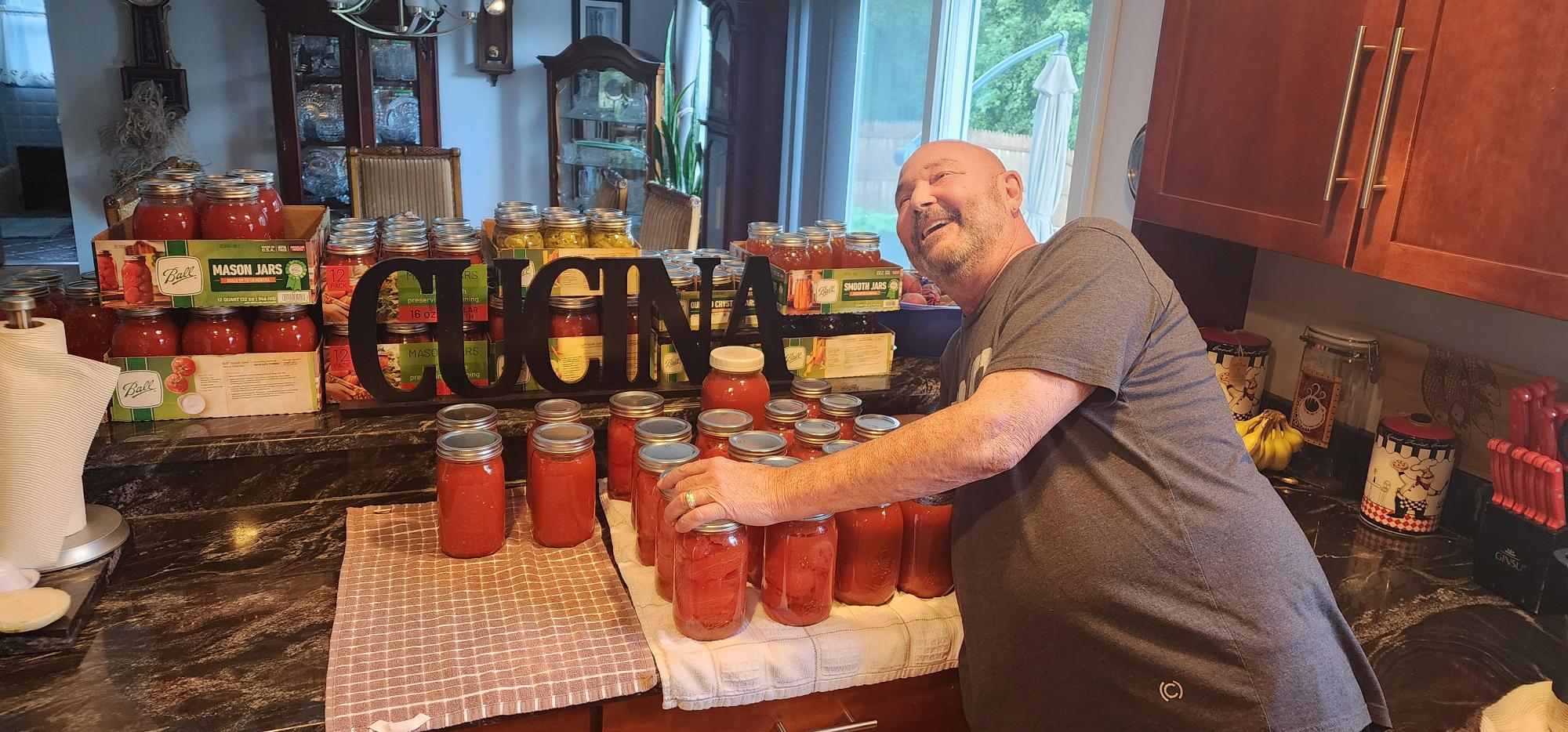
When 64-year-old Reno first heard about palliative care to help with his chronic illness, he resisted. Now, he calls it a “game changer.”
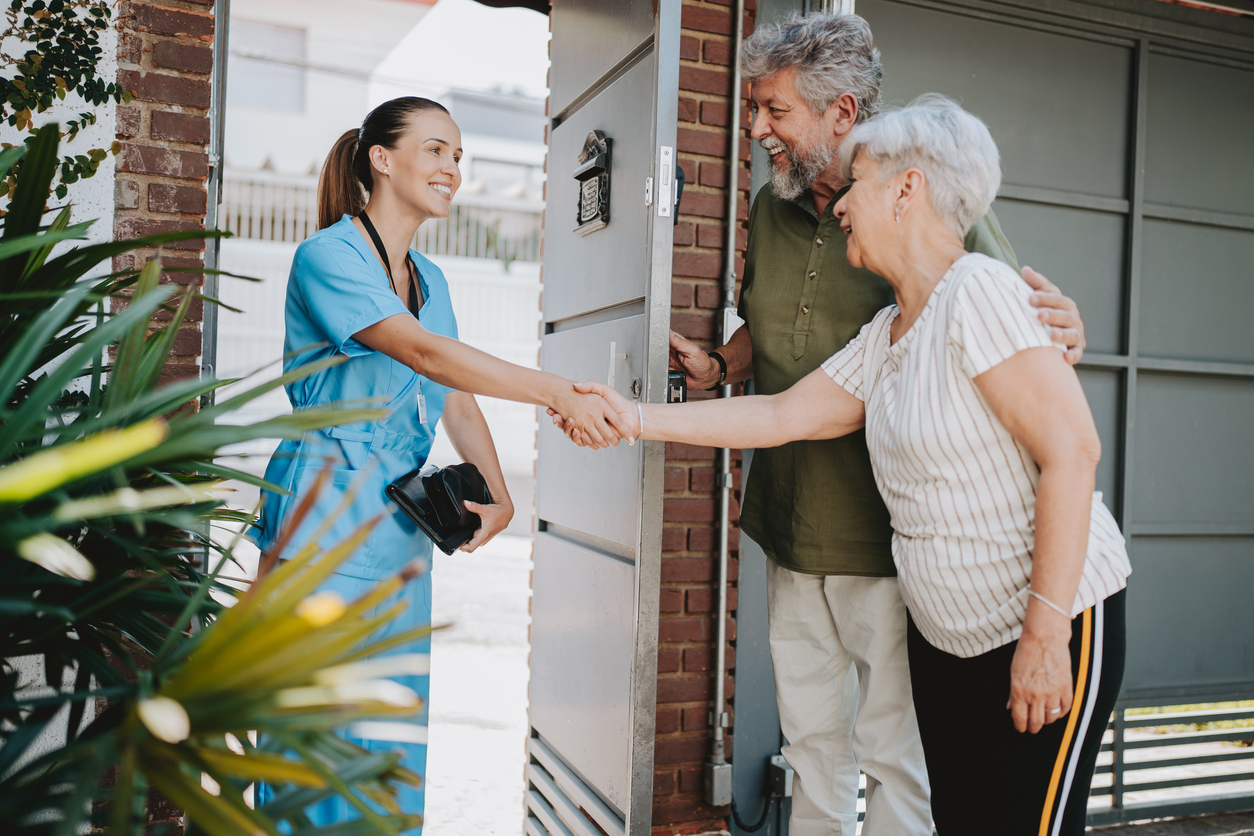
Palliative care is one of medicine’s fastest-growing specialties, which means it will soon be available in more settings. Here’s a guide.
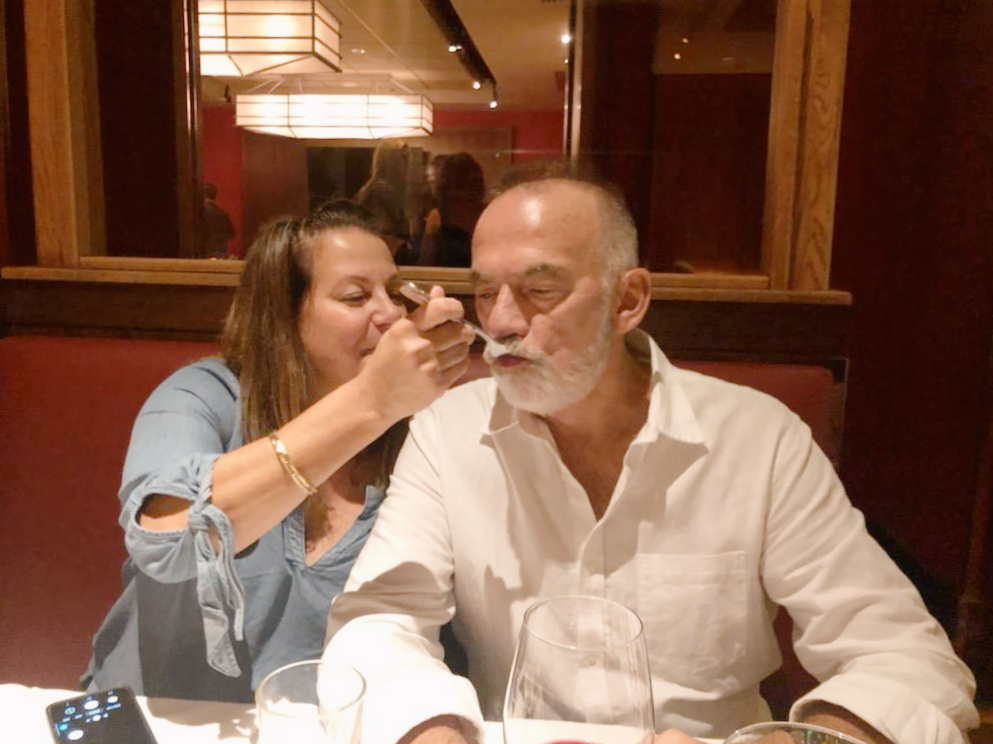
When her husband died, “I was simply frozen,” Pamela says. “The pain was unrelenting.” Now, she opens up about her grief journey in the months since.
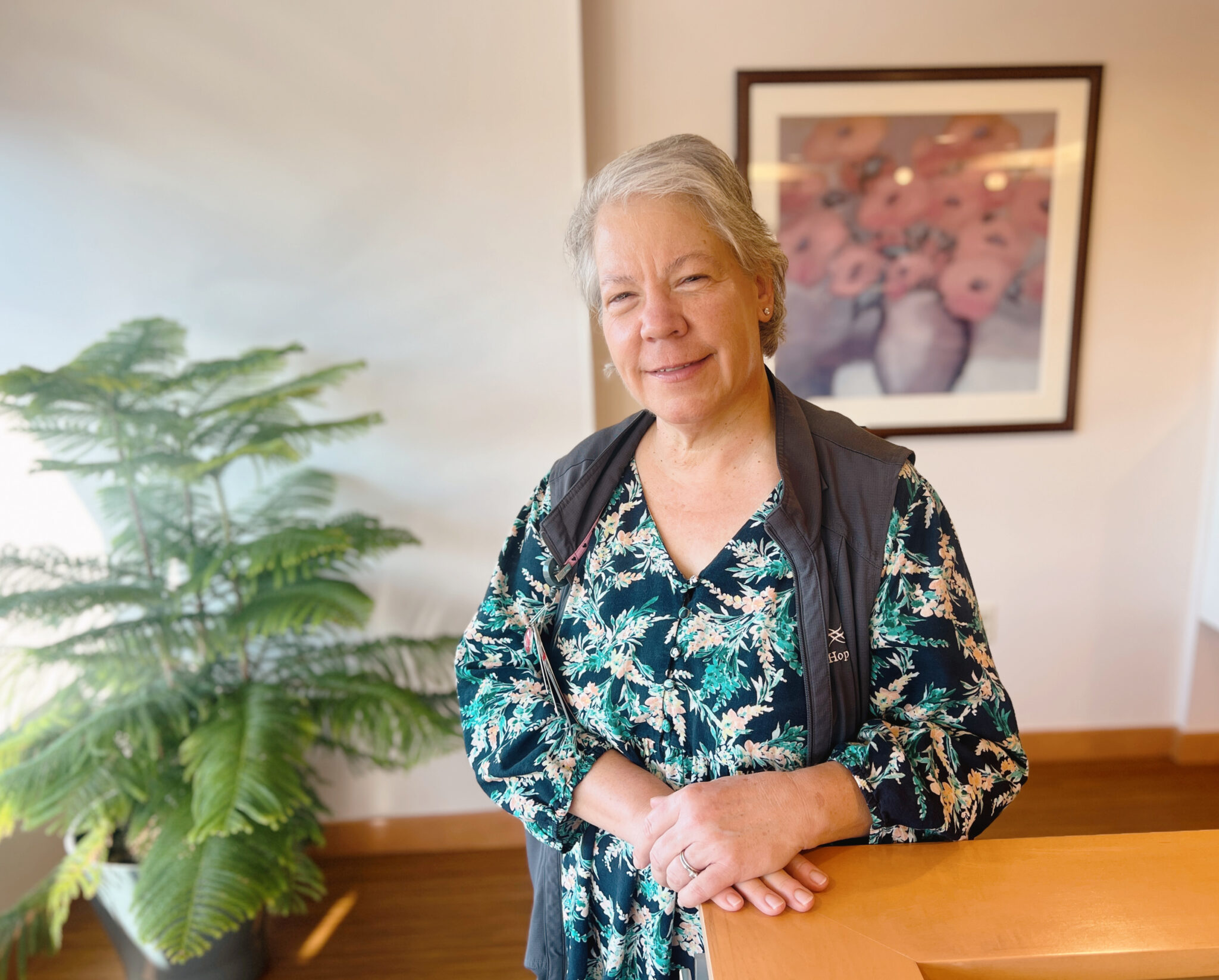
Chaplains help patients at the end of life connect to whatever they find spiritually meaningful. But what does that mean, and how does it help? Our chaplain explains.
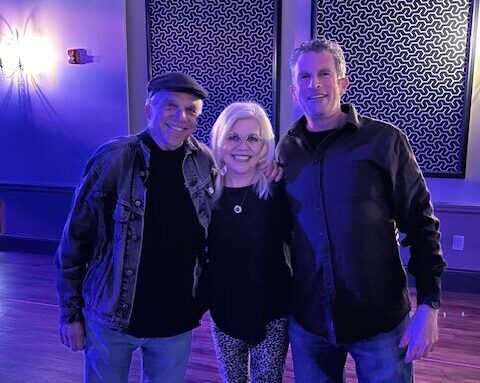
In his father’s final days, a son made an unexpected connection with a hospice volunteer. Their conversation left a lifelong impact.